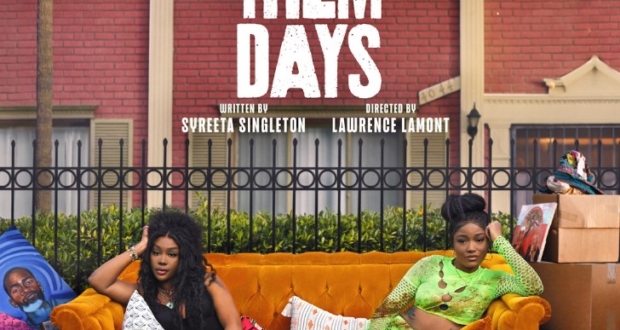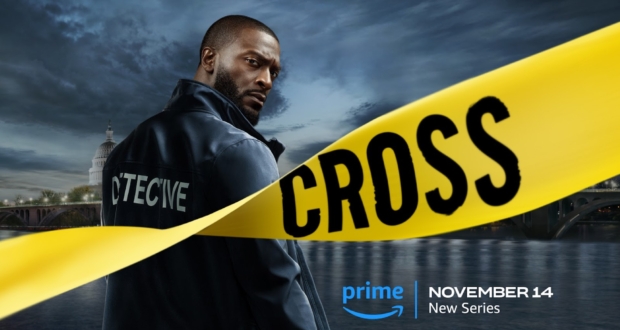 It appears our friends in the U.K. may have big brother watching them; and you will be paying them to do it! We get wind of new anti-piracy legislation aimed at service providers thanks to the professionals at Variety:
It appears our friends in the U.K. may have big brother watching them; and you will be paying them to do it! We get wind of new anti-piracy legislation aimed at service providers thanks to the professionals at Variety:
U.K.-based consumers who illegally download music and movies could find their Internet connections severed under new legislation that will be presented to the British parliament next week. Under the proposals, Internet service providers would be legally required to take action against those who use their networks to download pirate content. According to unconfirmed reports, the legislation would force the ISPs to issue a warning e-mail for the first offense, a suspension for the second infringement and the termination of their Internet contract if caught a third time. ISPs that do not comply could be prosecuted and would be forced to make the details of suspected offenders available to the courts.
The legislation would affect an estimated six million Internet users in the U.K., but could save the film and music industries billions of pounds in lost revenues. According to the Times newspaper, Britain’s four biggest Internet providers — BT, Tiscali, Orange and Virgin Media — have been in talks with the Hollywood studios for six months over a voluntary scheme. But the U.K. music industry’s talks with the ISPs have been ongoing for a couple of years and the latest government proposals are intended to lead toward the introduction of new legislation in several months’ time.
It is not the job of internet providers to police pirating. They provide a service that allows us to get on the internet – leave them out of it. This is a losing battle and all the legislation in the world is not going to help you. People always find a way around these sorts of things – you are just wasting time and money trying bail out a flood with dixie cups.
If the studios are interested in battling piracy, they should focus on convenience, customer service and proper price points. People with vision are going to make money and those who seek to hold onto an antiquated paradigm with be left spinning their wheels. A generation has grown up downloading, it is like breathing to them and nothing you do will change that. If after 3 strikes you are out – you just switch providers. Oh, and what do you do if an unsecured wireless router is used? How do you prove who the guilty one is? Do you send the internet police?
People will buy what they can get for free if you offer a quality product; hookers have existed for thousands of years because of this. Don’t fight how people get your product, find a way for them to get it that way from you. If the studios would have talked to prostitutes instead of lawyers 10 years ago they would be in a far better position today.
















